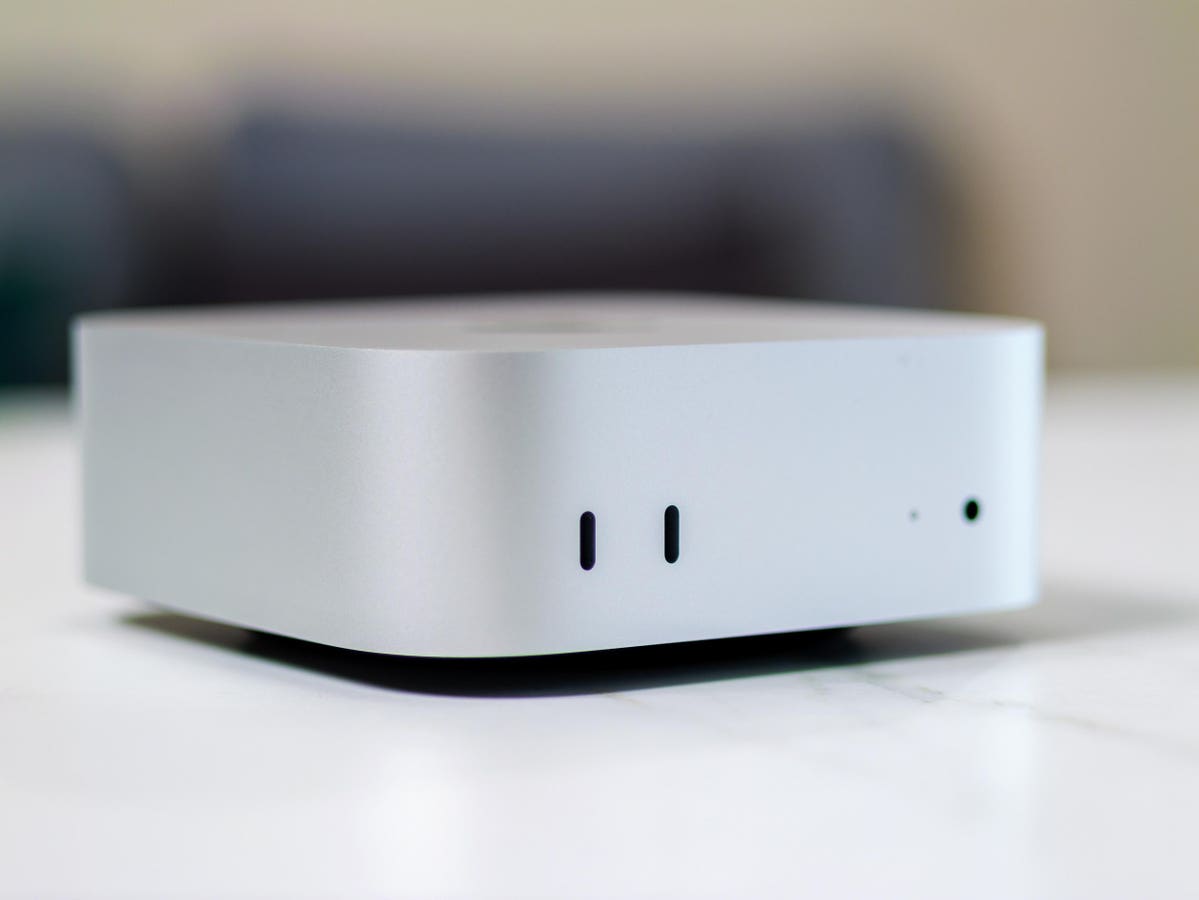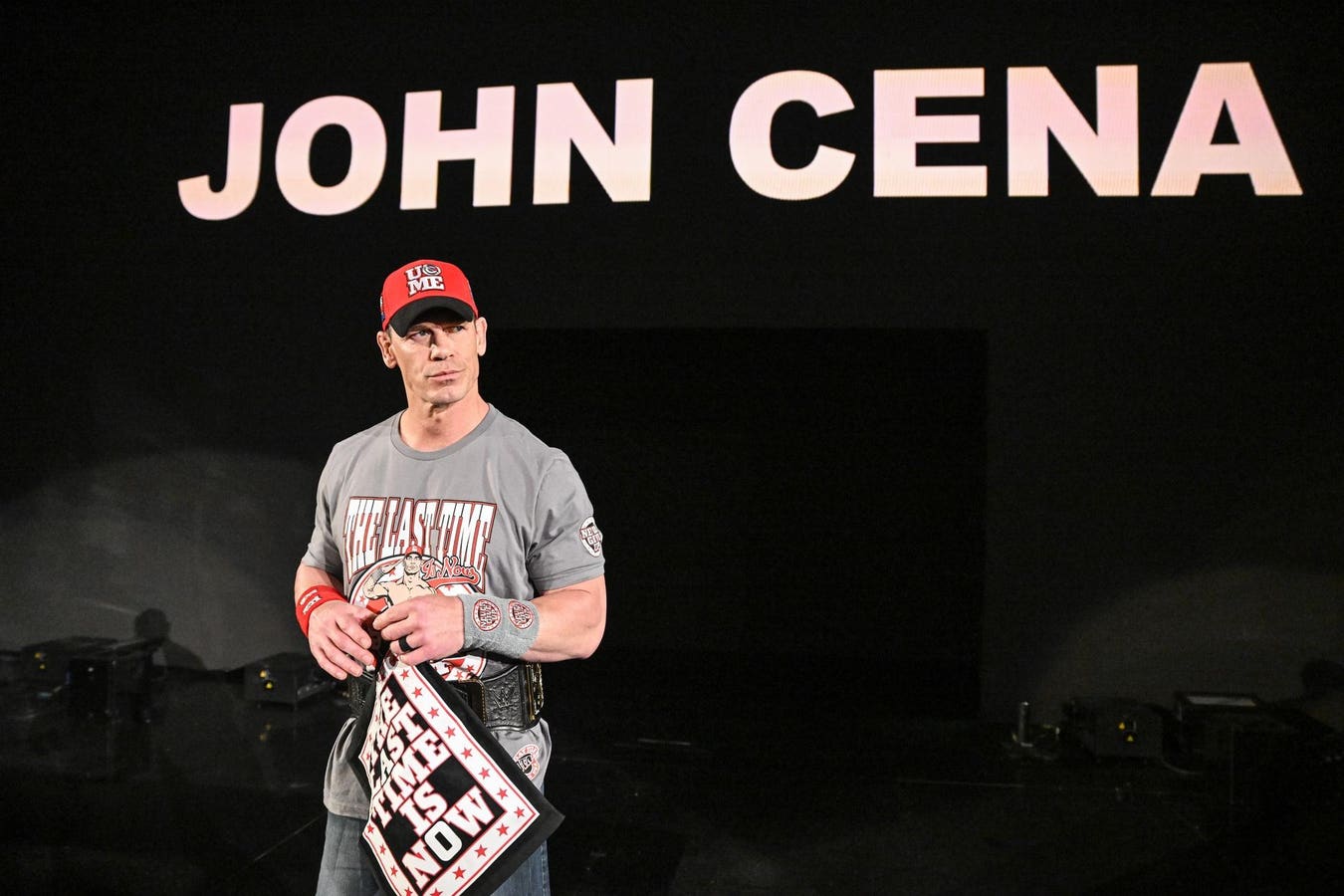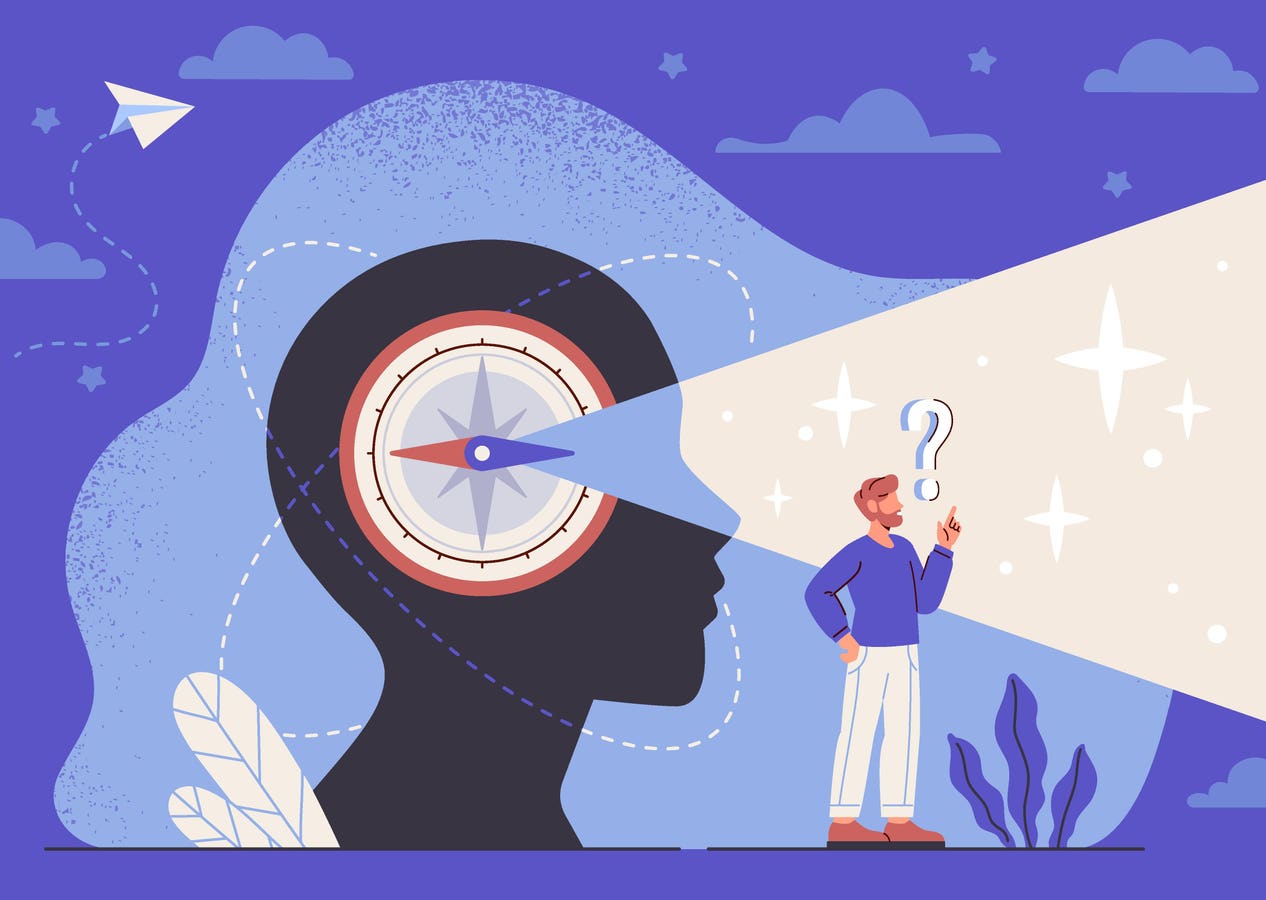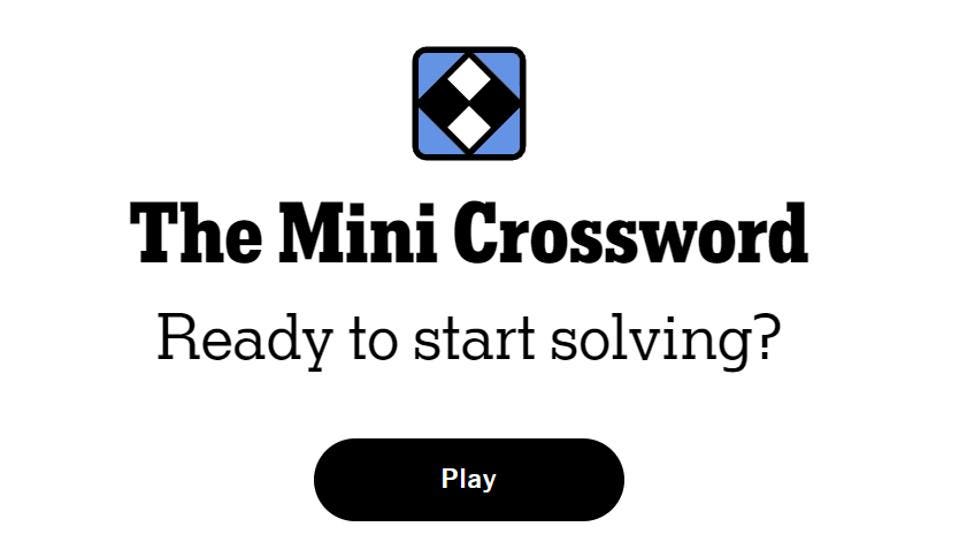By C200 Member Sharon Whiteley
.
Artificial intelligence is revolutionizing our work in remarkable ways, from automating complex decisions to unearthing insights and enhancing communication—and a great deal is happening at lightning speed. Productivity is soaring, but at the same time, we must grapple with a lurking concern: the steady erosion of our humanity.
In this race toward AI adoption and increased efficiency, we leaders need to remember the vital essence that makes us truly effective: emotional intelligence, presence, clarity, resilience, empathy, vulnerability—and the deep ability to listen, reflect, and feel. These uniquely human qualities are not mere distractions from strategy; they are the very foundation of great leadership. They cannot be replicated by AI with authentic resonance.
What AI Can’t Capture
AI may boast the ability to analyze vast amounts of data, spot patterns, and generate text that sounds human-like. It can even rephrase our ideas with more polish than we might initially craft. But it lacks the one thing that defines us: the capacity to feel, to offer comfort, perceive subtle dynamics in a room, or cultivate meaningful connection.
It cannot convey personal stories or the deeper value behind them. Stories carry essence, intention, and lived experience. Machine-generated words may mimic structure, but they can’t capture spirit or deliver nuance. Nuance is born from discernment, shaped by experience, sharpened through deep listening, and sustained by curiosity—the instinct to explore, question, and keep learning.
Adam Grant describes this beautifully in Hidden Potential, calling it the “sponge effect”—the ability to absorb subtle cues, stay open, and grow through reflection. That kind of awareness can’t be programmed. Bo Eason, a former NFL safety turned leadership coach, also teaches that lived experience and story are what make us memorable. He reminds leaders that it’s not output, but authenticity and connection that define great leadership.
Neuroscience supports this view. The most effective leaders demonstrate strong emotional regulation and cognitive flexibility—traits that can’t be coded, only cultivated. In her MIT commencement address, Sheryl Sandberg noted “It’s not the technology you build that will define you. It’s the teams you build—and what people do with the technology you build.”
A Shift from Hustle to Holism
The COVID-19 pandemic served as a collective wake-up call. For many leaders, it was a pivotal moment—an invitation to pause, confront their own exhaustion, and reassess personal priorities. They began to prioritize energy management, mental clarity, and holistic well-being. Suddenly, concepts like preventative care and natural wellness leapt from the fringes to the forefront of leadership discourse. Since then, the movement has only grown—amplified by pioneers across generations and embraced by both traditional and emerging companies.
As someone who has dedicated my career to fostering health and well-being within organizations, I’ve seen this transformation firsthand. Leaders who embraced sleep, rest, time outdoors, relationship-building, and stress-reducing practices emerged as more present decision-makers—supporting their teams with deeper engagement, respect, and human connection. What were once “nice-to-haves” became strategic assets.
The Power of Grounding: Physically and Emotionally
Grounding—also called earthing—is the practice of making direct physical contact with the Earth’s surface, such as walking barefoot on grass, sand, or soil. It’s based on the idea that the Earth carries a subtle electrical charge, and connecting to it may help neutralize free radicals, reduce inflammation, lower blood pressure, and regulate the nervous system. More than 22 peer-reviewed studies have explored its physiological benefits—from reduced stress and better sleep to improved circulation and immune function, to return the body to a more normal state of homeostasis.
Modern life pulls us away from this natural connection. Synthetic footwear, concrete environments, excessive screen time, and technology overstimulation all create a kind of sensory and energetic isolation. Grounding offers a pathway back to equilibrium.
Engaging directly with the Earth yields measurable physiological benefits, including reduced blood viscosity, improved heart rate variability (HRV), and more balanced cortisol levels. For executives, these aren’t just wellness wins—they translate into stronger cardiovascular health, greater emotional resilience, and clearer decision-making under pressure.
I experienced this firsthand after a health scare that changed everything. A few years ago, I stopped at an urgent care center thinking I was having an acid reflux issue. A quick blood test revealed I was, in fact, in the middle of a heart attack. I was rushed to the ER and told I had 90 minutes to live.
I credit grounding—specifically sleeping grounded—with supporting my recovery and improving my blood viscosity, which saved my life. Dr. Stephen Sinatra, a respected cardiologist, was a pioneer in this area of research. I had no idea that attending his lecture 15 years ago would foreshadow our future collaboration—or my own health journey. Years later, I co-authored Get Grounded, Get Well with him.
Grounding is also a powerful metaphor. Just as physical grounding brings balance to the body, emotional grounding brings steadiness to leadership. Self-awareness, emotional regulation, and alignment with core values enable leaders to remain calm in chaos and make decisions from a place of clarity. When I first heard the term “grounding,” I thought it referred to what happened when you missed curfew as a teenager. As it turns out, the concept offers adults a much-needed timeout of their own: a moment to step back, reset, and reconnect.
Safeguarding Our Humanity in a Technological Landscape
Whether you’re a seasoned executive or rising leader, you’re likely inundated with inputs—emails, dashboards, texts, alerts. In the push for output, we rarely address the overload on our inputs. Environments saturated with EMFs, Wi-Fi, and screen time compromise not just our clarity, but our physical and mental well-being.
Grounding serves as a reset. It quiets mental chatter, calms the nervous system, and strengthens immune response. It also helps mitigate the effects of electromagnetic stress—something increasingly relevant in a hyperconnected world. Grounding gives leaders what they crave most: calm, focus, and access to intuition.
Practical Steps for Grounded Leadership
You don’t need elaborate tools or extended time to ground yourself. These free or low-effort practices can be integrated into your daily routine:
- Walk barefoot on conductive surfaces (grass, soil, sand, unsealed concrete—even city sidewalks)
- Use grounding mats or silver-threaded apparel at your desk or while sleeping
- Spend time in nature—touching trees, tending plants, breathing fresh air
- Extend your shower or bath; even water flowing through a metal pipe offers grounding effects (pedicures also work well)
- Create tech-free zones, especially before bed or during recovery periods
- Schedule unstructured time for reflection and reset
- Position your workspace near natural light and open windows
- Turn off your phone or switch to airplane mode at night
Companies don’t need massive wellness budgets to support this shift. Start with walking meetings, nature breaks, and quiet zones. A grounded culture begins at the top.
The Human Advantage in an AI World
As AI becomes increasingly embedded in our systems, the edge in leadership won’t come from who processes data faster—it will come from who leads with greater presence, emotional depth, and intention.
Grounded leaders show up fully. They guide with grace over speed. They prioritize human connection and lead with clarity in the midst of complexity. Stories—real ones—still matter. While we can’t control the chaos around us, we can reconnect with what is real. By grounding ourselves—both literally and emotionally—we can stay true to humanity and lead from that place. It all starts with the Earth beneath our feet.
Sharon Whiteley is a current member and former Board Director of C200. She is a veteran entrepreneur, grounding pioneer and founder of the first grounding footwear company, Pluggz, followed by co-founding Harmony783. She is currently founder and CEO of TRU47, a natural wellness brand known for scientifically proven pure silver imbued and woven products that support natural immunity and also EMF-shielding stylish apparel and bedding. A frequent speaker and co-author of Barefoot Wisdom and Get Grounded, Get Well, Sharon has spent decades innovating health-enhancing products. Her work has been recognized with numerous honors, including Ernst & Young’s Regional Entrepreneur of the Year, SBA’s Women’s Entrepreneur of the Year, and Fast Company’s Fast 50 Favorites. She was also honored by her alma mater, Skidmore College, with the Creative Thought Matters Award of Distinction for her contributions to enterprise innovation.








